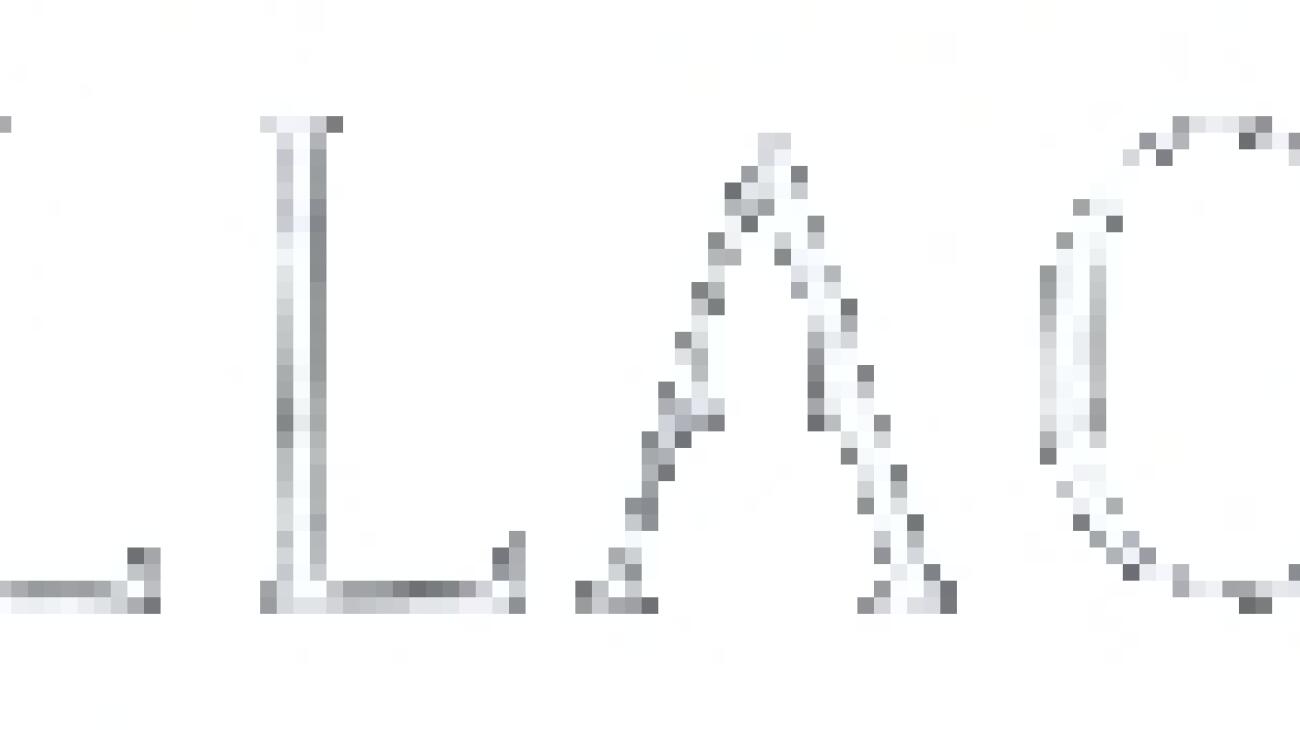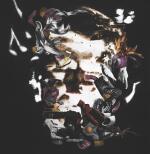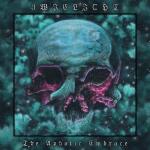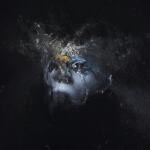
Interview Wallachia (English)
Interviews
7 Mars 2019
For the release of Wallachia's new album Monumental Heresy, I've had the pleasure to ask some questions to the mastermind of band, Lars, about his motivations and influences behind this record.
Lars: I've always had a thing for real, pure melodies with the variations between the more sorrowful minor-scaled ones and the more catchy and triumphant major type of melody lines. There's a fair mix of that in Wallachia. I feel that it gives the music more drama and dynamics. The religious hymns are more than often quite heavy and weary sounding, reflecting the tragedy of living under repentance and the constant awe and fear of God. And we sort of go the opposite way with a more triumphant catchy vibe, reflecting our individual freedom, our bonds with mother earth and our own heritage since long before the monotheistic plagues infected our countries and culture. The closing song on our new album, which is called Untruthology Abolished, has those flute parts which to me echoes of medieval times, and that particular song might be the most melodic and at the same time also the most blasphemous and reactionary one. That sort of "happy" melodic structure reflects being liberated from the mental and physical prison that I feel religion to a large extent is, unfortunately even today in the 21st century.
Radio Metal Sound: Whether it is in the theme of the album, in the music or in the tribute to Valfar, how do you feel this will to renew with traditional Black Metal?
Lars: In Wallachia I just do whatever feels natural to me, and I don't follow any set rules or dogmas of what black metal is supposed to be and sound like. One of my biggest musical influences is definitely Quorthon and Bathory. And when you look at those classic first six Bathory albums, none of them sound alike, but you can hear a natural and gradual evolution of his music with every record. And with Wallachia I can look back at our 4 albums so far and also feel that they sound different from each and another, but there's still a natural connection and progress between them. I would like to draw a parallel to if I was a filmmaker, it's like I make a different style or genre of movie each time, and not just keep on doing sequel upon sequel, if you understand what I mean. I want every album and also every song to have a strong individual characteristic.
RMS: Wallachia greatly explores Transylvanian myths and folklores. May you tell us what your motivation to explore this world is and what are your references within it?
Lars: My fascination for Transylvania and of course Wallachia goes back to my childhood and at first being attracted to the Dracula myth. Later on learning to know the true history behind the real Dracula, Vlad Tepes III. I got hold of a Danish book that covered the morbid characters of European history, such as of course Vlad Tepes, and also the Hungarian Countess Elizabeth Bathory, and the French nobleman Gilles de Rais. All these stories were exciting to a young teenager that was into metal music since the age of 7 years old. So that book in itself, as well as the Bram Stoker's Dracula film from 1992 were key influences for me when I created Wallachia. Later on I have visited Transylvania two times and traveled through pretty much the whole region, and also in 2015 I went through parts of the Wallachia region when we did our debut concert in Romania. Hadn't it been for Vlad Tepes III I think Europe might had developed differently if the Ottoman Empire had expanded further, which they intended. It's a fascinating and savage part of our history.
RMS: Which experience have you gained with the recording of the last album as all the instruments were natural?
Lars: The recording of Monumental Heresy has been the best studio session for me personally so far, because I had a full line-up for the very first time. Thus it made the whole process a lot more enjoyable and not so intense and stressful when i had to do everything myself apart from the drums. We made a conscious decision to track all the guitars and bass on our own up here in Norway, and then the drums and vocals were done in Germany with the same producer/engineer as on the past two albums. When I recorded Shunya in 2012 I wasn't so happy with the way we recorded and how the production of the album turned out, as it was far too slick, hollow and "modern" in my personal opinion. So I wanted to change around and have more control of what we are doing, since it's my band and not the studio-guy who shall sit on all the decisions. I really want the music to have lots of energy and that you can actually hear that it's human beings playing instruments. So I guess I have made enough experience to know what I want to achieve and how to get there. And I don't need to work with people who have a different agenda regarding the music and production. I feel that Monumental Heresy is our most solid recording, and it felt good to be more in control compared to the previous two albums.
RMS: How much subjectivity do you involve in Wallachia? Because if the struggle against religion is a personal engagement, some tracks like The Parallel Fate of Dreams seem deeply rooted in an intimate experience.
Lars: Well, my disdain towards religion goes back to my childhood and with my first encounters with people from the Church and also some teachers I had in school that were part of religious sects and tried to sneak their dogma unto us young children. And I found those people so hostile in their attitude, and it's almost as if they were scared by life itself. And I saw what religion did to friends of my family, where it actually divides families and makes kids and parents split ways because of one part not wanting to be a part of the faith. And this is one side of Wallachia, which you can also flip around into a personal life-philosophy where I base myself around the actual world we live in, and to make the most of our time here on mother earth. Because we all stand equal and oblivious to what awaits beyond this mortal life. The song you mention, The Parallel Fate of Dreams, was actually the first track I wrote for this new album, and it's also the most different one that we ever did. And yeah, it's a very personal track based upon how my life turned in the summer of 2013. The whole idea behind the track is that you live in a state of mind where you don't want to accept the fate you've been dealt, and you keep replaying the story with a different outcome. So yeah, it was something as simple as a relationship break-up song. And forgive me here, because I was following my heart more than reason, but it just felt natural and honest at the time. Now I can't stand that track myself for many reasons, and to be honest I don't think it fits so well in with the rest of the concept. But I chose to include it since we had a guest vocalist on it, so. I like to explore and push the music, but with this track I think we pushed it a little bit too far in the soft direction. Besides this I write about nostalgia related to the freedom of childhood with the dreams and imaginations we all had then, and also in my case as being a child and teenager before the internet and cell phones. Also I am concerned about environmental issues and live a lifestyle according to that. I've also expressed that through some of my songs.
RMS: In spite of the atheist dimension of the band, there seems to be some kind of spirituality behind it and especially with the word “satya”. So may you develop your relation to spirituality in Monumental Heresy?
Lars: Some might know that we originally planned to name the new album Path of Satya, and as you say, the word "Satya" is repeated throughout the song So We Walk Alone. I like to play around with words, languages and their symbolic effect, and some of the song titles are a bit of wordplays here and there. I'm far from a spiritual person in the sense that I practice some form of meditation or rites of any kind, but I think I have traveled a journey inside that has led me to a deeper awareness of who I am, why I think and feel the way I do. As I said in the lyrics "Nature is my temple...", and that's where I find peace and room for thoughts. My philosophy is that I have the power to change and improve myself, to grow from my failures, and I know that my way of living my life works for me. But I don't go around imposing my vision on everyone else and make them feel bad about how they lead their lives. I think it should be in our nature to feel that we want to leave the earth a better place then when we entered it. I go out in the woods and I see trees that stood there for centuries already, that my family ancestors looked upon the same way as I do today a few hundred years later, and it reminds me how small we human beings are compared to nature. And by the way, this was also a part of the new album cover artwork, where you can see inside the booklet of the album with an opposite angle of the front cover, where you see that the wild nature keeps growing and take over the ruins themselves. So basically the reverence for our surroundings and our ancestors are important factors of my spirituality.
RMS: May you also develop your vision of artists and creators as you extol them in The Prophets of Our Times?
Lars: The essence of the song The Prophets of Our Time is that I choose to pay tribute to the people that lived on and has passed away in my lifetime that has left their mark on my life with the way that I think and act. And to all of us, such as you with the music media platform too, we all spread a message that might leave someone else inspired the same way that we were inspired in the first place. We live in the age of information and documentation, and with religious beliefs we refer to them as something of the past. And I find that strange. I mean, an infinite God, the long line of prophets and all that, suddenly no more whatsoever happening. I wrote this song with people like David Gold (Woods of Ypres, RIP), Valfar (Windir, RIP) and Quorthon (Bathory, RIP) in mind, because they all inspired me profoundly in their time here on earth. And they all left far too early. Their music and personality made me feel better, and I can only try my best at giving something back as a tribute to their legacy.
RMS: Finally, after this track in Debemur Morti’s Servants of Chaos II, what can we wait from Wallachia?
Lars: A new album is in the works since 4 years already, and a lot of the foundation and concept is ready by now, and all I can say that it's much more close to our early stuff. Other than this there are no specific plans at this point.
It's with all these musical influences that the new album will be released. By then, you may get the new album Monumental Heresy on the band's Bandcamp or with Debemur Morti. You may also follow the band on its Facebook page to be aware of Wallachia's news.
A propos de Baptiste
Être ou ne pas être trve ? Baptiste vous en parlera, des jours et des jours. Jusqu'à ce que vous en mourriez d'ennui. C'est une mort lente... Lente et douloureuse... Mais c'est ce qu'aime Baptiste ! L'effet est fortement réduit face à une population de blackeux.



